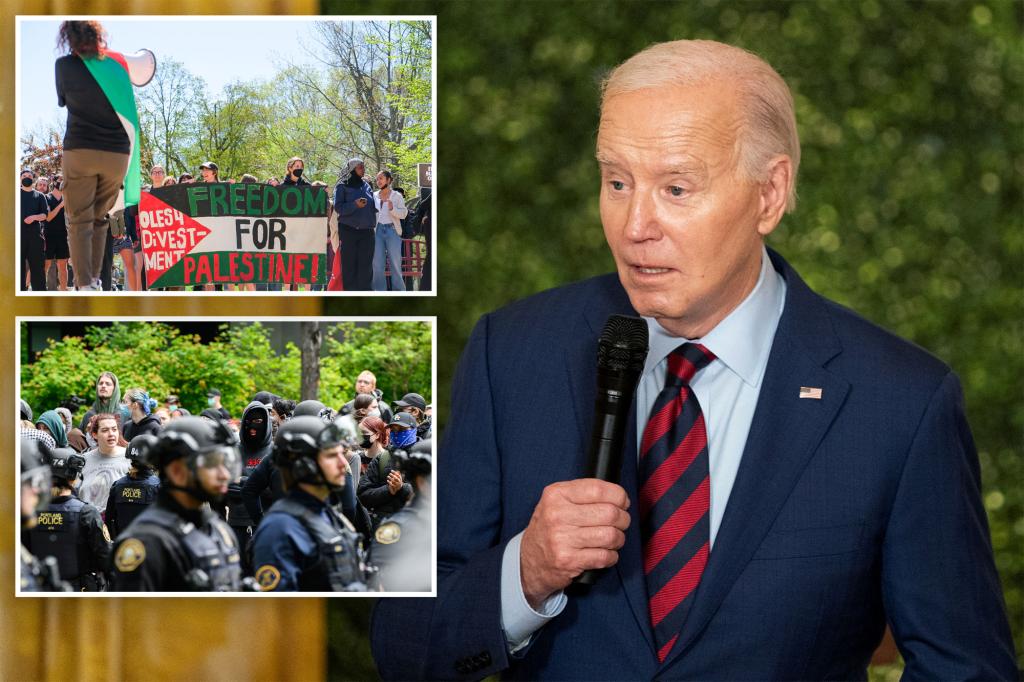A recent meeting between top Biden administration officials and prominent Jewish organizations was disrupted when far-left groups were unexpectedly included. This last-minute addition led six mainstream Jewish groups to either withdraw or skip the meeting. The organizations that pulled out included the Jewish Federations of North America, the Anti-Defamation League, the Conference of Presidents of Major American Jewish Organizations, the Orthodox Union, the Brandeis Center for Human Rights Under Law, and Hillel International. The meeting was supposed to address the issue of anti-Israel protests on college campuses.
The main point of contention was the inclusion of groups that opposed the International Holocaust Remembrance Alliance’s (IHRA) definition of antisemitism. This definition contains provisions that characterize criticism of Israel and its actions as antisemitic. One participant who left the call mentioned that they had requested the meeting but were surprised by the late addition of other groups that they were not aligned with on key issues. The organizations that were included at the last minute were T’ruah, the Nexus Leadership Project, Bend the Arc, and Diaspora Alliance, all of which are known for their left-wing views.
In response to the dispute, the Biden administration officials agreed to hold a separate meeting with the boycotting groups. According to representatives from two organizations, discussions were held a few hours after the initially scheduled meeting. Despite the controversy, a joint statement released by the boycotting groups described the meeting as positive and productive. The statement emphasized their commitment to defending and supporting Jewish students who experience harassment and violence on college campuses.
The head of Bend the Arc expressed surprise at the decision of many organizations to boycott the initial meeting, noting that conservative groups remained on the call. Rabbi Jill Jacobs from the progressive T’ruah organization endorsed the Biden administration’s willingness to engage with a broad spectrum of the Jewish community to gain a comprehensive view of the situation. She suggested that centrist groups should reconsider their decision not to engage with organizations that represent a large number of rabbis and are in touch with college students regularly.
The White House has faced criticism from Jewish groups in the past for welcoming definitions of antisemitism that are not widely favored by mainstream Jewish organizations. Despite this, the recent controversy surrounding the meeting underscores the complex dynamics within the Jewish community and its interactions with the Biden administration. The differing perspectives on issues related to Israel and antisemitism highlight the challenges of fostering unity and addressing concerns effectively within the community. The various reactions to the inclusion of far-left groups and the subsequent discussions indicate the need for continued engagement and dialogue to navigate these sensitive issues.













